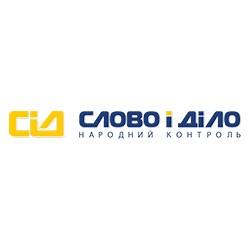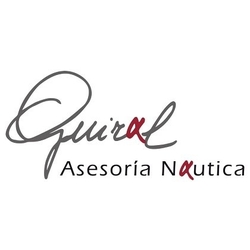Frequently asked questions about sworn translations
What is sworn translation?
Sworn translation aims for “legal equivalence” in a translation: a guarantee that the translation of a document will have the same legal effect, to the greatest possible extent, as the source version.
When do I need the services of a sworn translator in Poland?
Poland is an example of a country with a well-regulated system of sworn translation. Polish translators can opt to be certified at the Ministry of Justice, granting them the right to serve as sworn translators.
Polish authorities will not recognise official documents such as birth certificates and universities won’t accept diplomas from foreign countries unless such documents have been translated by a certified sworn translator. Sworn translators in Poland have the same power as a notary public to certify with their signature and stamp the documents they have translated.
Can I get sworn translation with electronic signature?
Sworn translation implies a hard copy of the documents with the signature and stamp of the sworn translator. But did you know that some sworn translators also have a digital signature which allows them to certify translations online? The translation with the digital signature has the same legal validity as a hard copy. We offer sworn translation with the digital signature from Polish into Russian, English, German, French and vice versa.
What is the difference between a sworn and a standard translation?
A sworn translation is an official document with binding force accredited by the Ministry of Justice. A standard translation page counts as 1800 characters with spaces, whereas a sworn translation page is defined as 1125 characters with spaces.
Does a sworn translation have to be acknowledged by a notary?
No, a sworn translation is a separate, official document and therefore it does not need notarial acknowledgement.
How long do I have to wait to collect the sworn translation I ordered?
Usually translations are completed within 2-3 workdays (with an order of up to 30 pages). There is also a possibility to order an express translation. Then the price will be higher.
What can I do if there is no sworn translator of a given language in Poland?
If there is no sworn translator of your language in Poland, then the translation can be done by a consul of the country which issued your document. The regulations concerning sworn translation are described in Registry Office Records Act (Act of 28 November 2014).
Why does the price per page change depending on the number of pages?
In case of bigger orders we offer discounts, so the more pages there are, the lower the price.
Why must I pay before ordering the translation?
The obligation to pay upfront is connected to the specific service provided. Having chosen a given item at a shop, we have to pay for it before we leave the shop. It is analogous to ordering a service. We want to avoid misunderstandings caused by confirming a translation that has not been paid for.
How much does a duplicate of a sworn translation cost?
Usually the cost of a duplicate of the sworn translation amounts to 15-20% of the cost of the original translation. It results from the fact that translators keep a record of every copy as if it was a completely new document. They must assign a new identification number to each document, validate it and enter it to the register.
Where to get the apostille and the legalisation of translation?
Both procedures can be completed at the Ministry of Foreign Affairs.



























